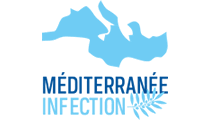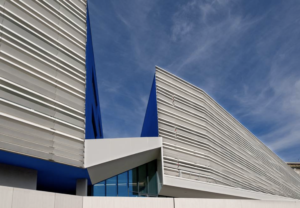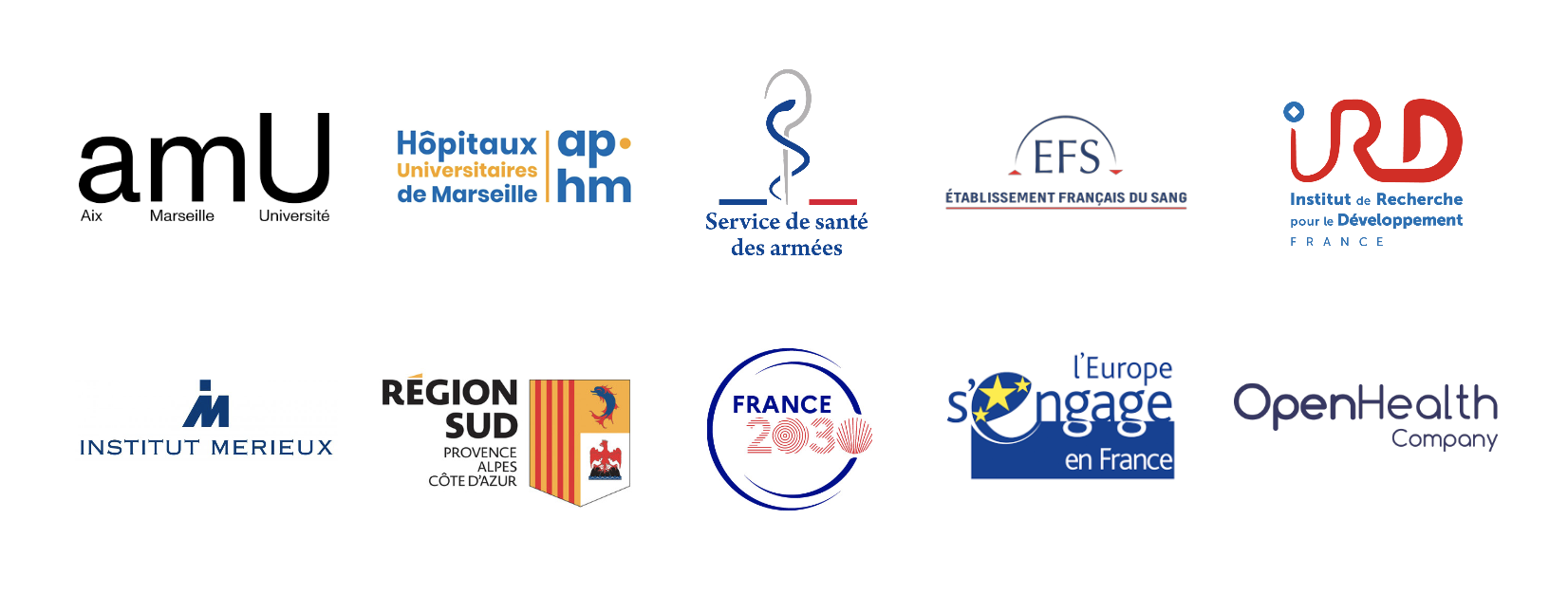Version 1 du 23 février 2021
Rapid isothermal amplification detection of buccal SARS-CoV-2 for ambulatory screening of COVID-19.
Bouam, A., Vincent, J.J., Le Glass, E., Almeras, L., Tissot-Dupont, H., Lagier, J.-C., Fournier, P.-E., Raoult, D., Drancourt, M.
- Aix-Marseille-Université, IRD, MEPHI, IHU Méditerranée Infection, Marseille, France.
- POCRAMé, Marseille, France.
- IHU Méditerranée Infection, Marseille, France.
- Aix-Marseille-Université, IRD, VITROME, IHU Méditerranée Infection, Marseille
- Corresponding author: Michel Drancourt, IHU Méditerranée Infection, MEPHI, 19-21 Bd Jean Moulin 13005, Marseille, France. michel.drancourt@univ-amu.fr
Abstract count: 128.
Text word count: 887.
Key words: SARS-CoV-2; COVID-19; Point-of-Care; diagnosis; saliva; isothermal amplification.
Abstract. A commercially-available isothermal amplification of SARS-CoV-2 RNA was applied to auto-sampled saliva using dry dental cotton rolls, swallowed for 02 minutes. Among 212 tests, isothermal amplification yielded 3 (0.14%) invalid, 120 (56.6%) positive and 89 (42%) negative tests. Compared to reference RT-PCR assays routinely performed on nasopharyngeal swabs in parallel, excluding the 03 isothermal amplification invalid assays and 01 RT-PCR invalid assay, these figures indicated 119/123 (96.7%) samples were positive in the two methods and 85/85 samples were negative in the two methods. Four buccal swabs missed by the isothermal amplification, exhibited Ct values of 26-34 in reference RT-PCR assays. Positive isothermal amplification detection was achieved in < 10 minutes. Supervision of the auto-sampling was a key to achieve these performances. These data support the proposal to use herein reported protocol including supervised buccal auto-sampling, for the screening of people suspected of COVID-19 patients at the point-of-care.




